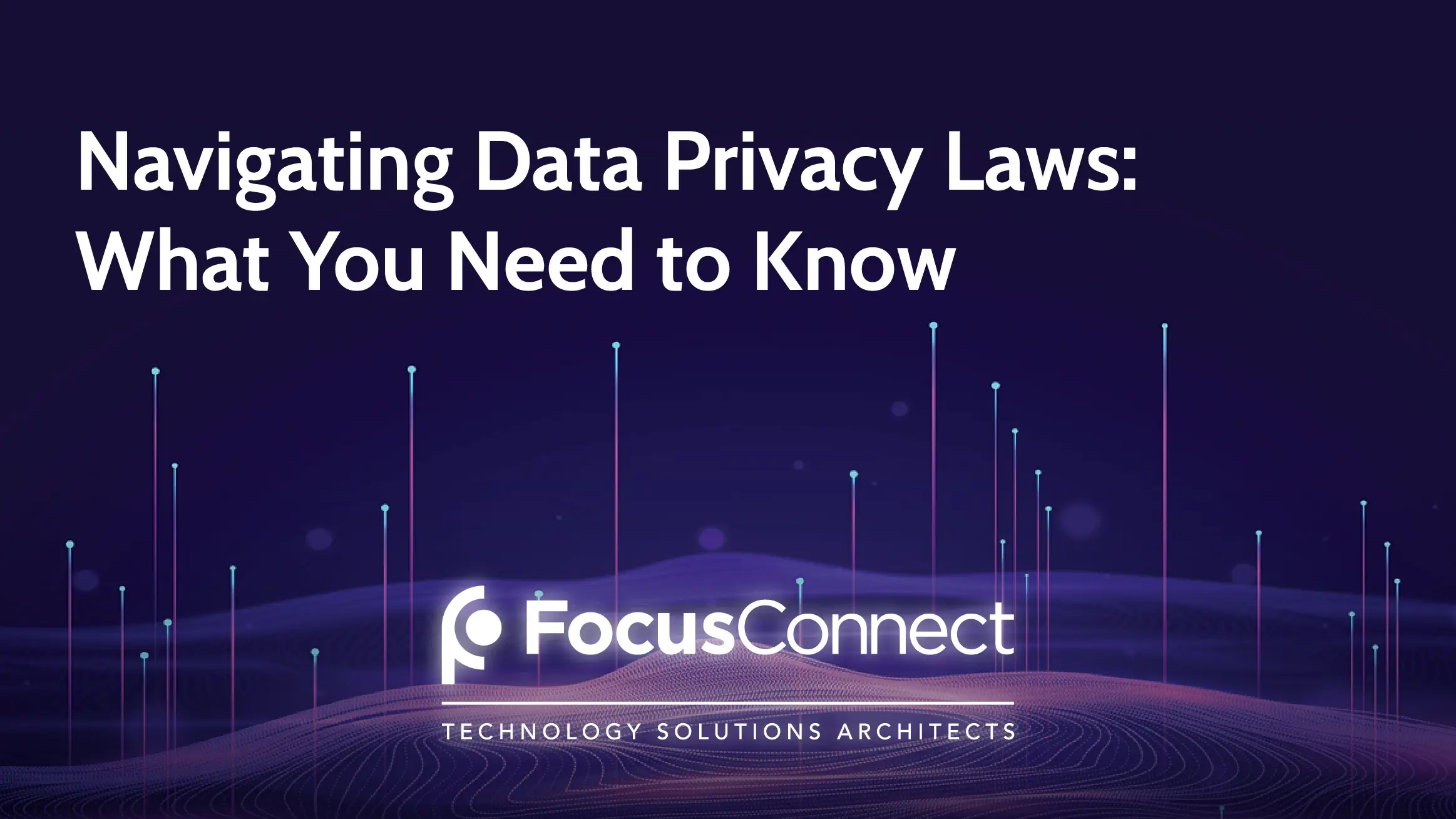In today’s digital-first world, data privacy is no longer just a technical concern—it’s a business imperative. With the rise of global regulations like GDPR, HIPAA, and PCI DSS, organizations must navigate a complex landscape of compliance management services, cybersecurity audits, and data protection laws to avoid costly penalties and reputational damage.
For any small business owner, understanding how to manage regulatory compliance in IT is essential. This blog explores the key data privacy laws, the role of IT in maintaining compliance, and how businesses can leverage compliance automation platforms and cybersecurity and compliance strategies to stay ahead.
Why Data Privacy Matters
Data privacy laws are designed to protect individuals’ personal information from misuse, unauthorized access, and breaches. These laws vary by region and industry, but they share common goals: transparency, accountability, and security.
For example:
- GDPR (General Data Protection Regulation) applies to any organization handling EU citizens’ data.
- HIPAA governs health data in the U.S.
- PCI DSS ensures secure handling of credit card information.
- NIST (National Institute of Standards and Technology) sets standards for controlled unclassified information.
Failing to comply with these regulations can result in fines, lawsuits, and loss of customer trust. That’s why compliance risk mitigation strategies and IT compliance consulting are critical components of modern business operations.
Key Data Privacy Regulations to Know
- GDPR
- Applies to businesses worldwide that process EU data.
- Requires consent for data collection, breach notification, and data portability.
- Penalties: Up to €20 million or 4% of global annual turnover.
- HIPAA
- Applies to healthcare providers, insurers, and their IT partners.
- Requires safeguards for electronic protected health information (ePHI).
- Penalties: Up to \$1.5 million per violation category per year.
- PCI DSS
- Applies to any business that processes credit card payments.
- Requires secure storage, transmission, and processing of cardholder data.
- Penalties: Fines from banks, increased transaction fees, or termination of merchant accounts.
- CCPA (California Consumer Privacy Act)
- Grants California residents rights over their personal data.
- Requires disclosure of data collection practices and opt-out options.
- NIST 800-171 – a cybersecurity framework developed by the National Institute of Standards and Technology (NIST). Protects Controlled Unclassified Information (CUI), including:
- Personally Identifiable Information (PII)
- Proprietary Business Information (PBI)
- Confidential Business Information (CBI)
- Unclassified Controlled Technical Information (UCTI)
How Managed IT Services Help with Compliance
Partnering with a managed IT services provider can simplify compliance. A provider such as FocusConnect offers compliance-focused cybersecurity services, data protection and backup services, and IT compliance and risk management solutions tailored to your industry.
Benefits include:
- Compliance audits and assessments to identify gaps.
- HIPAA-compliant IT services for healthcare organizations.
- PCI DSS managed security for retail and e-commerce.
- ISO 27001 compliance consulting for enterprise-grade security.
A managed service providers (MSPs) also offers 24/7 managed security monitoring, endpoint management solutions, and SIEM (Security Information and Event Management) as a service to detect and respond to threats in real time.
Tools That Support Data Privacy Compliance
To stay compliant, businesses should invest in the right technologies. Here are some essential tools:
- Governance, risk, and compliance (GRC) tools: Centralize policy management, risk assessments, and audit tracking.
- Encryption and secure data storage: Protect sensitive data at rest and in transit.
- Firewall management services and DNS filtering: Prevent unauthorized access and phishing attacks.
- Multi-factor authentication (MFA) services: Strengthen identity and access controls.
- Compliance tracking software for enterprises: Monitor regulatory changes and automate reporting.
These tools not only support compliance but also enhance overall cybersecurity best practices.
Common Compliance Challenges for SMBs
Small and mid-sized businesses often struggle with:
- Limited resources for IT compliance consulting.
- Lack of in-house expertise in cybersecurity audits.
- Difficulty keeping up with evolving regulations.
Solutions include:
- Outsourcing to compliance-as-a-service providers.
- Using cloud compliance solutions for scalable security.
- Implementing risk assessment and vulnerability management tools.
By adopting affordable managed cybersecurity and scalable security solutions for enterprises, SMBs can reduce risk and improve their cybersecurity ROI.
Best Practices for Staying Compliant
- Conduct Regular Risk Assessments
Identify vulnerabilities and prioritize remediation. - Train Employees on Data Privacy
Human error is a leading cause of breaches. Awareness is key. - Implement Secure Remote Access Solutions
With hybrid work models, zero trust security architecture and identity and access management (IAM) are essential. - Automate Compliance Reporting
Use compliance reporting tools to streamline documentation and audits. - Stay Informed
Regulations evolve. Subscribe to updates and consult with cybersecurity consulting services regularly.
Data Privacy Need Not Be Overwhelming
Navigating data privacy laws doesn’t have to be overwhelming. With the right strategy, tools, and support, businesses can turn compliance into a competitive advantage. Whether you’re seeking IT strategy consulting services or exploring managed compliance services, the goal is the same: protect your data, your customers, and your reputation.
If you’re unsure where to start, consider working with a managed service provider that offers cybersecurity and IT compliance as part of its offering.This will position you to assess your current posture and build a roadmap for success.
FocusConnect is a Denver-based managed IT services provider committed to collaboration, innovation, and leadership. We specialize in delivering secure, scalable solutions that align with today’s evolving industry standards—never yesterday’s. Our expert team empowers organizations to enhance cybersecurity, streamline operations, and reduce costs through tailored strategies designed to grow with your business. Partner with FocusConnect to future-proof your IT infrastructure and drive sustainable success.


